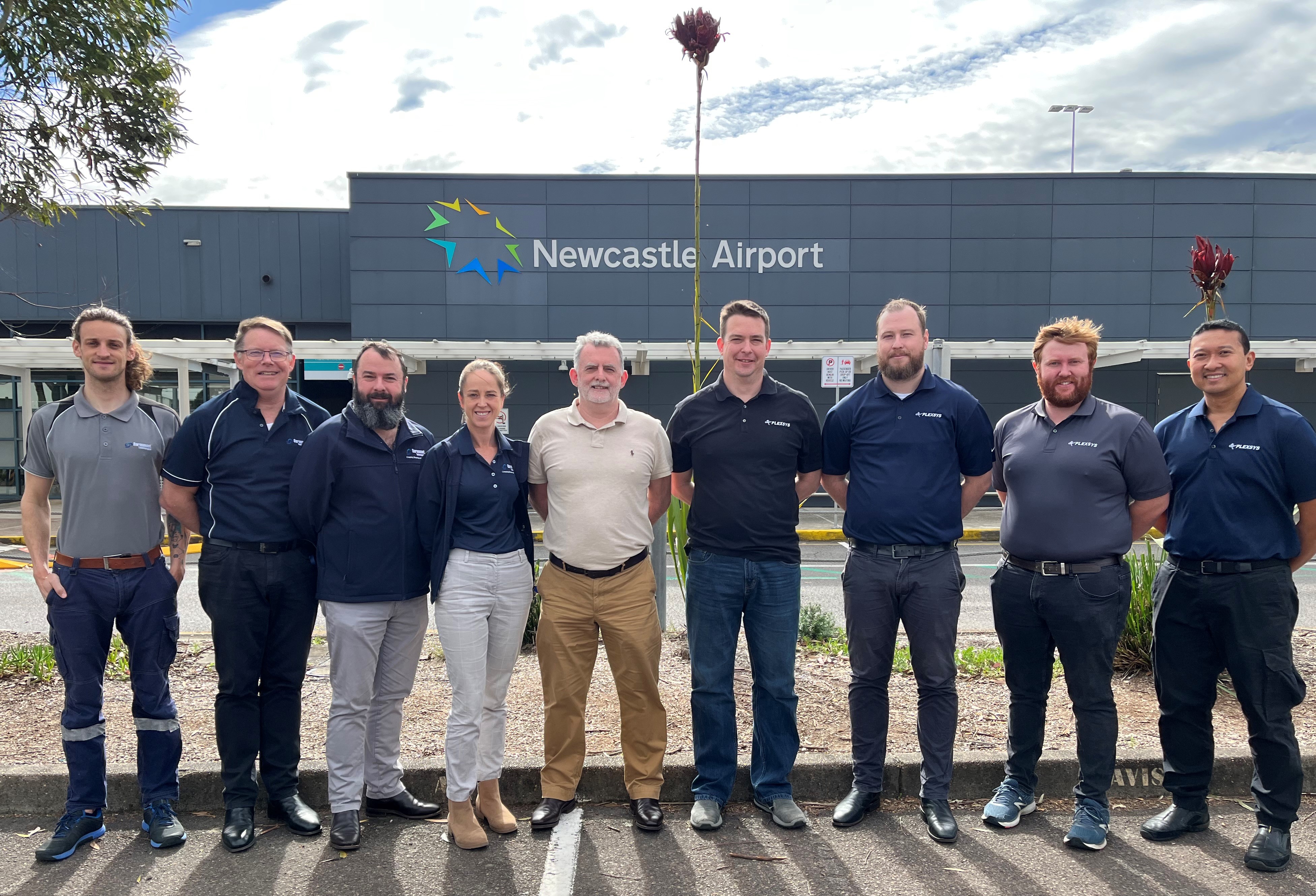

"He affirmed the group’s right to gather and said he shared their dismay about what happened in Minneapolis," the Star-Banner reported at the time. When a group marched from downtown to a local park, Graham was there with them, bullhorn in hand, so he could be heard. Most recently, Graham has been a presence at demonstrations in downtown Ocala that were held in the wake of George Floyd's death. "Graham said the goal is to get those who need help the assistance they need because the agency will never be able to 'arrest our way out of this crisis,' ” the Star-Banner wrote at the time. Simply put, the program allowed anyone experiencing a drug addiction problem to come forward and receive help – no judgment and no penalties.

In February 2018, through the leadership of the mayor, Graham and other community leaders, the police department started a special Heroin/Opioid Amnesty Program. He was reinstated in January 2017 after a law firm hired by the city cleared him and recommended that he be reinstated with all rights and benefits.ĭespite that report, and City Council's decision to reinstate Graham, the city later agreed to pay $500,000 in settlements to the officers. In 2016, Graham was placed on paid administrative leave when a grievance was filed on behalf of three police officers alleging racial discrimination, sexual harassment, hostile treatment and retaliation. "They were simple: Do the right thing, ask for forgiveness instead of permission, find ways to say yes, treat everyone with respect and have fun." "So he engaged personnel, similar to an approach he used in Iowa, and adopted a few tenets he hoped would break down barriers. "Graham said he felt a disconnect between the administration, officers and civilian employees," the paper wrote at the time. In 2013, after one year at the helm back in Ocala, Graham told the Star-Banner he was paying a lot of attention to department morale and best practices.


 0 kommentar(er)
0 kommentar(er)
